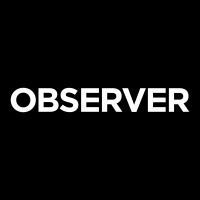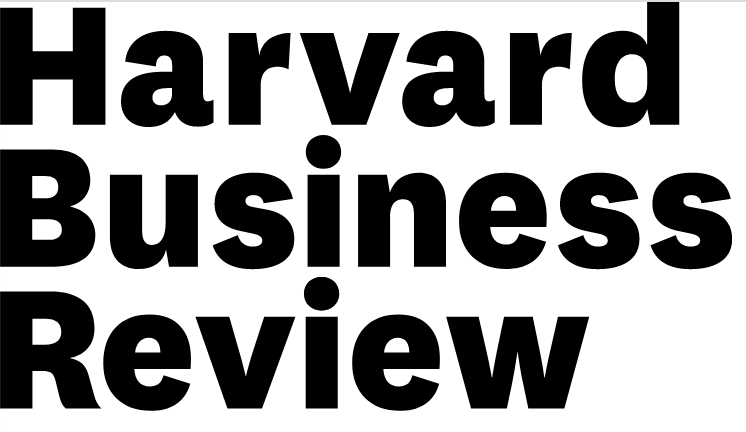Some Factors Driving this Trend
On a larger scale, we’ve seen a significant increase in people engaging in independent work. A recent McKinsey survey — the American Opportunity Survey (AOS) — showed 36% of employed respondents identified as independent workers. That’s up from 27% when McKinsey last ran the survey in 2016. Fractional HR leadership represents a part of this trend.
There are many reasons why people choose to pursue fractional HR leadership. Some people want more flexibility in their lives, due to caregiving responsibilities or to dedicate time to other interests or hobbies. Others want to work with more than one client or in a variety of industries since many people take on more than one fractional leadership role at a time. Also, since fractional leadership roles are usually remote, that gives people more geographic freedom — they can live or work from anywhere. And companies get greater access to experienced talent.
Small businesses and start-ups, in particular, benefit from hiring fractional HR leaders. They are often navigating significant growth or change. While it may not be financially feasible or the right time to hire a full-time HR leader, having a fractional leader whose specialized skills can help the organization at that moment can be very meaningful.
In a time of economic uncertainty and with the heavy increase in layoffs in many sectors, many professionals no longer feel job security as employees and choose to forge their own path working for themselves. In this way, fractional leadership can offer a good solution for both businesses and fractional leaders.
So, who exactly are Fractional HR Leaders?
First and foremost, fractional HR leaders bring deep leadership experience. Though their years in the field may vary, they’ve served as decision-makers, led teams, and implemented people initiatives and programs. They often have areas of specialization within HR — compensation, talent acquisition, benefits administration, or employee engagement, for example. It’s common for these professionals also to have experience working in start-ups or fast-growing organizations. And with all those years of leadership experience, they’ve built strong networks that can often help them find clients.
Many professionals come to HR from other fields and professions, so although a few people have academic degrees in HR, most have degrees in other disciplines. In fact, fewer than 1 in 10 HR leaders have an HR-specific degree! It is common for fractional HR leaders to have certifications related to HR, learning and development, coaching, and/or change or project management.
Fractional HR leaders need to have an entrepreneurial mindset. Since they have to find their own clients, there’s definitely an element of sales involved in these roles. They also need to manage all the aspects of essentially running their own business, from marketing to pricing their services to negotiating contracts to invoicing. In addition, fractional HR leaders bring strong consulting, communication and project management skills. Their roles require them to toggle between strategic and task-oriented work, collaborate effectively with multiple teams, clients, and leaders, and manage multiple work streams.
As a result of this blend of experience and skills, fractional HR leaders both possess a strategic and get Sh$t done type of mindset.









